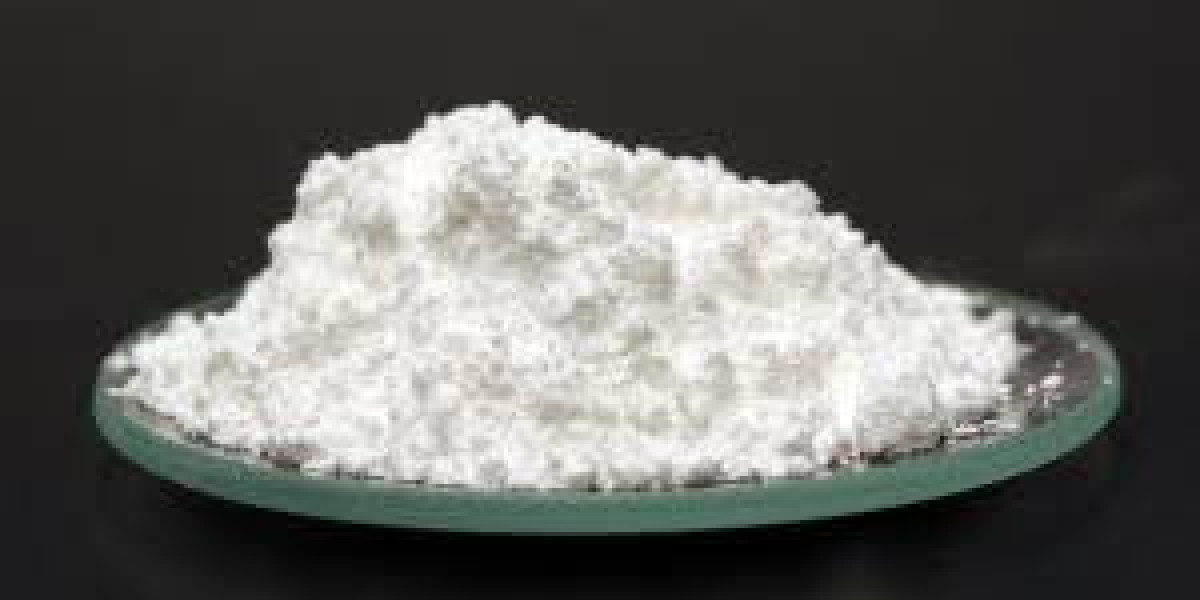Continuing Professional Education (CPE) is an essential component of maintaining professional competence and staying relevant in the field of internal auditing. For internal auditors, fulfilling CPE requirements not only ensures compliance with certification standards but also enhances skills, knowledge, and abilities needed to perform effectively in their roles. In this article, we'll explore effective strategies for internal auditors to meet CPE requirements and derive maximum value from their professional development activities.
Knowledge About CPE Requirements
Effective Strategies for CPE Compliance
Maximizing CPE Benefits
Knowledge About CPE Requirements
Before diving into strategies, it's crucial for internal auditors to understand the specific CPE requirements set by their certifying bodies or professional organizations. These requirements typically specify the number of CPE hours needed within a defined period (e.g., annually or biennially) and may outline specific subject areas or competency domains that must be covered. Common certifying bodies for internal auditors include the Institute of Internal Auditors (IIA) and ISACA.
Effective Strategies for CPE Compliance
Develop a CPE Plan:
Start by developing a personalized CPE plan based on individual career goals, organizational needs, and certification requirements. Outline the number of CPE hours needed and identify relevant subject areas for skill enhancement.
Diversify Learning Activities:
To maintain engagement and broaden knowledge, diversify CPE activities. Attend workshops, seminars, conferences, and webinars covering various topics such as auditing techniques, risk management, emerging technologies, and regulatory updates.
Utilize Online Resources:
Leverage online platforms and resources that offer flexible and accessible CPE opportunities. Many professional organizations provide webinars, self-study courses, and virtual conferences, allowing auditors to earn CPE credits remotely.
Engage in Professional Networks:
Join professional networks and associations related to internal audit. Participate in forums, discussion groups, and networking events to exchange insights, share best practices, and identify relevant CPE opportunities.
Integrate CPE into Daily Practice:
Look for ways to integrate CPE activities into daily audit practice. Apply newly acquired knowledge and skills to ongoing projects, incorporating feedback and lessons learned into professional development.
Stay Current with Industry Trends:
Keep abreast of industry trends, regulatory changes, and emerging issues affecting internal auditing. Allocate CPE hours to topics that address evolving risks and challenges faced by organizations.
Seek Feedback and Mentoring:
Regularly seek feedback from supervisors, mentors, or colleagues regarding CPE activities. Use feedback to assess progress, identify areas for improvement, and tailor future learning objectives.
Track and Document CPE Credits:
Maintain a detailed record of CPE activities, including dates, durations, and topics covered. Ensure compliance with reporting requirements and retain documentation for certification renewals or audits.
Maximizing CPE Benefits
By implementing these strategies, internal auditors can maximize the benefits of CPE and elevate their professional development:
Enhanced Competence: Acquire new skills, tools, and techniques to perform audits more effectively and efficiently.
Career Advancement: Expand expertise in specialized areas and increase career opportunities within the internal audit profession.
Compliance Assurance: Ensure compliance with certification standards and maintain professional credentials.
Adaptability: Stay adaptable and responsive to changing industry demands, technological advancements, and regulatory landscapes.







